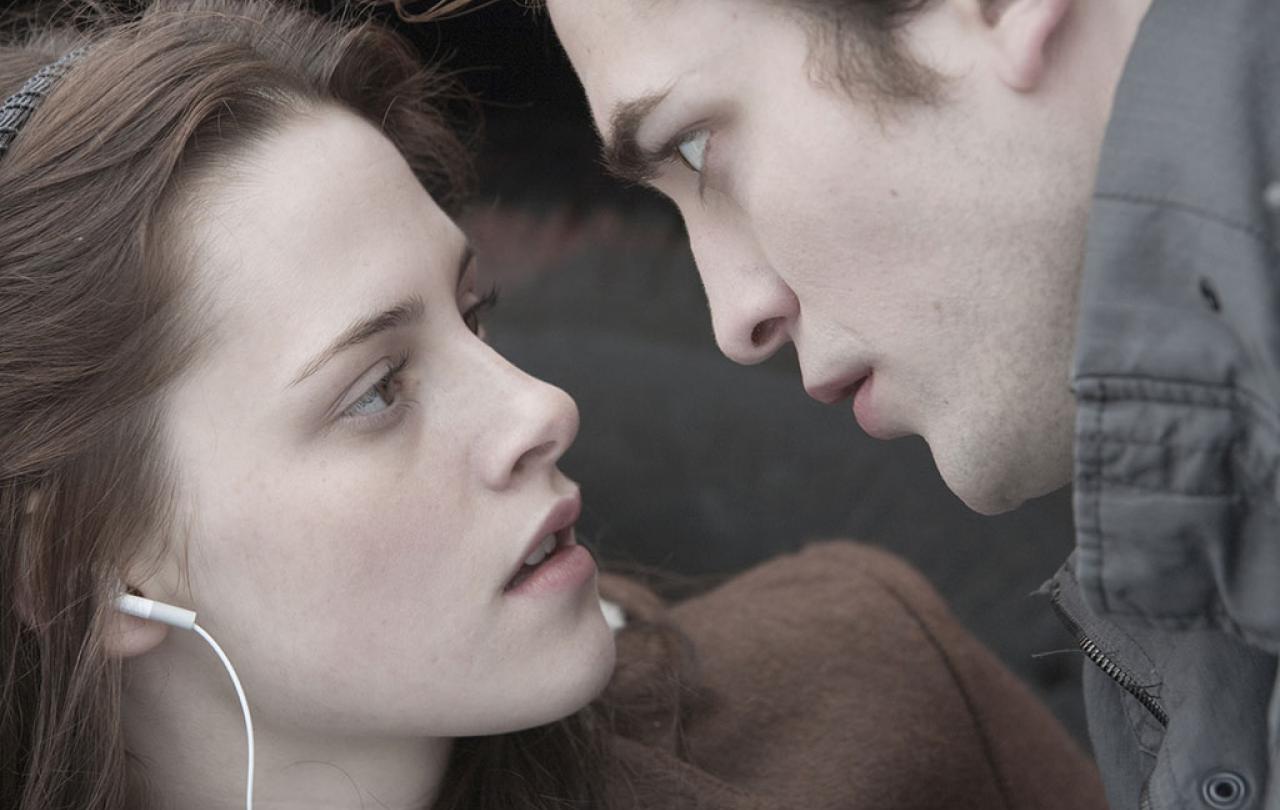Of course, this line of thinking is problematic. If I am just doing my job and the suicide bomber is doing his, then in moral terms we are surely are only as good, or as bad, as each other. His God calls him to do his duty and look after his brothers and sisters, and so does mine, and we are therefore equally right or equally wrong. Who is anyone to judge between us, and who am I to claim the morality of what I do for a living?
And yet sincerely holding a belief does not make you right. The failings of moral relativism are well-documented, yet too often we act as the sort of people who treat Pilate’s question “What is truth?” as a viable philosophical position rather than as the moral evasion that it is. We in the West are jaded by complex and bloody counterinsurgencies with no clear end state, affirming Bart Simpson’s dictum that “There are no good wars, with the following exceptions: the American Revolution, World War II, and the Star Wars Trilogy”. But the conflict in Ukraine has shown that binary wars between an obvious aggressor and a nation defending their homeland are not merely history, and that today people can still take up arms for justifiable reason.
I'm a Christian so I am a pacifist in the sense that peace is vastly preferable to war, and I have seen first-hand the suffering and misery it causes. Yet as a Christian too I cannot affirm peace at all costs when it means that rights and lives of innocent people can be callously disregarded by an oppressor who can only be resisted by force. I look at pictures of bombed-out apartment blocks in Ukraine, of kidnapped schoolgirls in Nigeria, of civilians murdered in Afghanistan and cannot affirm anything less than this, that there are things in this world worth fighting for.
I would reflect too that both my calling as a soldier and my faith have given me a sense of the value of life not as something not to be clung too at all costs, but as a gift to be made the most of. One of the things we did in our first week of Sandhurst was to make a will. There I was, fresh out of university, deciding who should inherit my meagre possessions (I didn’t even have a car), and asking the bloke next to me, who I’d only met 24 hours ago, to witness my signature. To be honest, it didn’t really feel real. What felt much more real was posing for a photo in the unit sports hall two years later, arms crossed, Union Jack and regimental flag behind me, knowing that it was the photo that would be used in the newspapers if I was blown up in Afghanistan.






